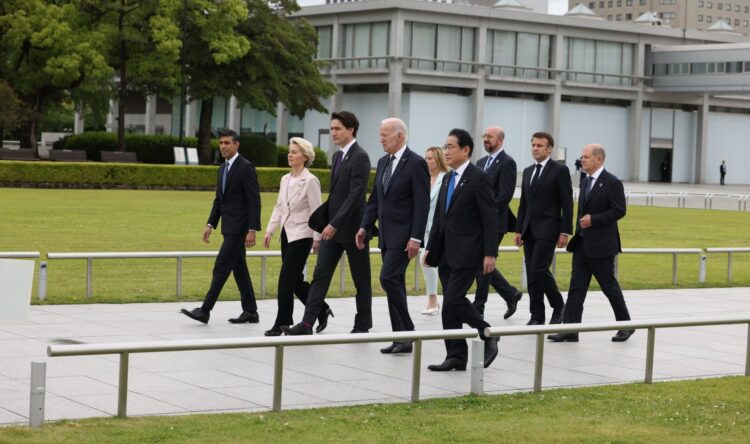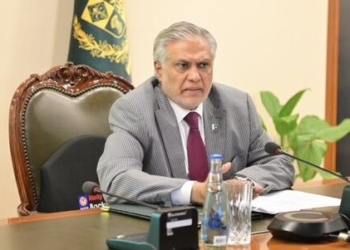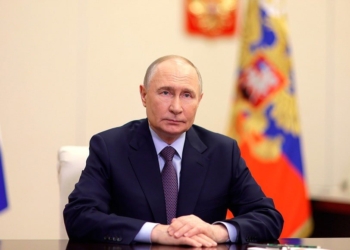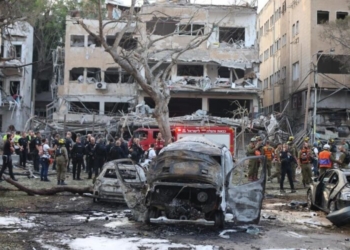New Delhi: Global scientists and public health experts on Friday warned G7 leaders that the world is not prepared for the next pandemic and, without urgent action, will repeat the inequality of the Covid-19 vaccine rollout in the next health crisis.
In a letter ahead of the G7 summit in Hiroshima, Japan, the experts called on the leaders to ensure that low and middle-income countries can access and produce vaccines, tests, and treatments in the event of a pandemic.
It comes as governments at the World Health Organization (WHO) negotiate a Pandemic Accord — commonly referred to as Pandemic Treaty — that will govern how the world prepares for and responds to the next global health crisis.
In their letter, the scientists said that G7 leaders must protect “equity and the right to life” over “windfall profits” in the negotiations.
In the Covid-19 pandemic, “strict intellectual property rules secured monopolies for pharmaceutical companies and prevented the widespread production of affordable generic vaccines and medicines in developing countries,” the scientists said.
The signatories also hailed measures in a draft of the Pandemic Accord that would require the suspension of intellectual property (IP) rules on relevant products and the transfer of technology to low- and middle-income countries when WHO declares a public health emergency with international concern.
It is critical, they said, to remove “every barrier to the development and production of medicines and vaccines.”
“The pharmaceutical industry will always lobby to maximise their own profits, regardless of the impact on public health, but G7 leaders must resist. We cannot double-down on implementation of intellectual property rules that makes pandemics longer, costlier, and deadlier,” Dr Craig Spencer, Associate Professor of the Practice, Brown University School of Public Health, wrote in the letter.
“G7 Health Ministers have discussed preparing for the next pandemic but have not considered important lessons from Covid-19. The variants of concern provide compelling evidence of how short-sighted the hoarding of vaccine doses, undermining of COVAX, and protection of IP rights on a global public good in a pandemic situation by the wealthiest nations was,” added Dr Quarraisha Abdool Karim, Associate Scientific Director of CAPRISA.
“There is no time to waste”, the scientists warn, pointing to a modelling from data analytics company Airfinity which suggests there is a 27.5 per cent chance of a pandemic as deadly as Covid in the next ten years, and a study published in the Proceedings of the National Academy of Sciences suggests that the annual probability of extreme epidemics occurring could increase threefold in the coming decades.
(IANS)













